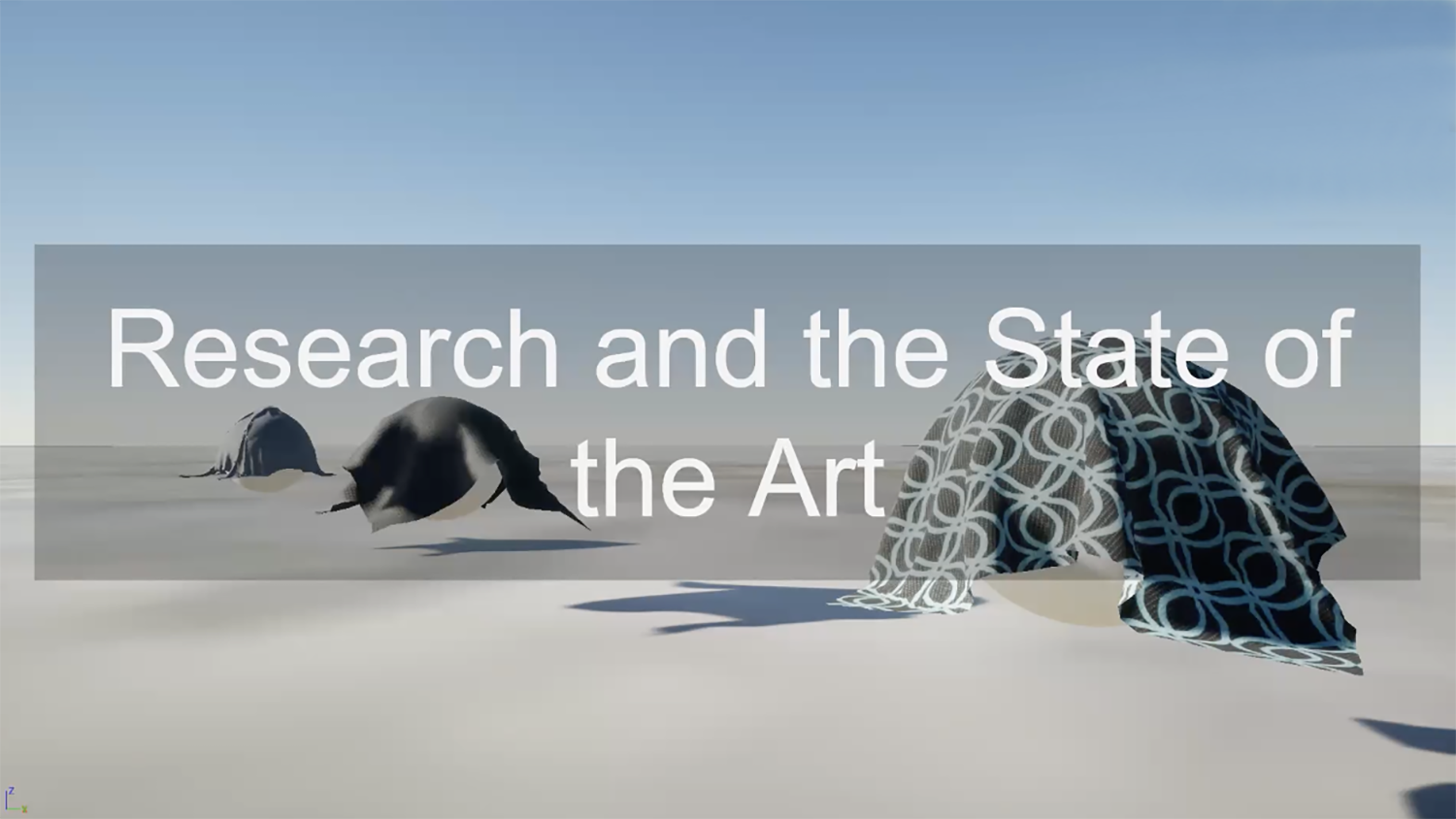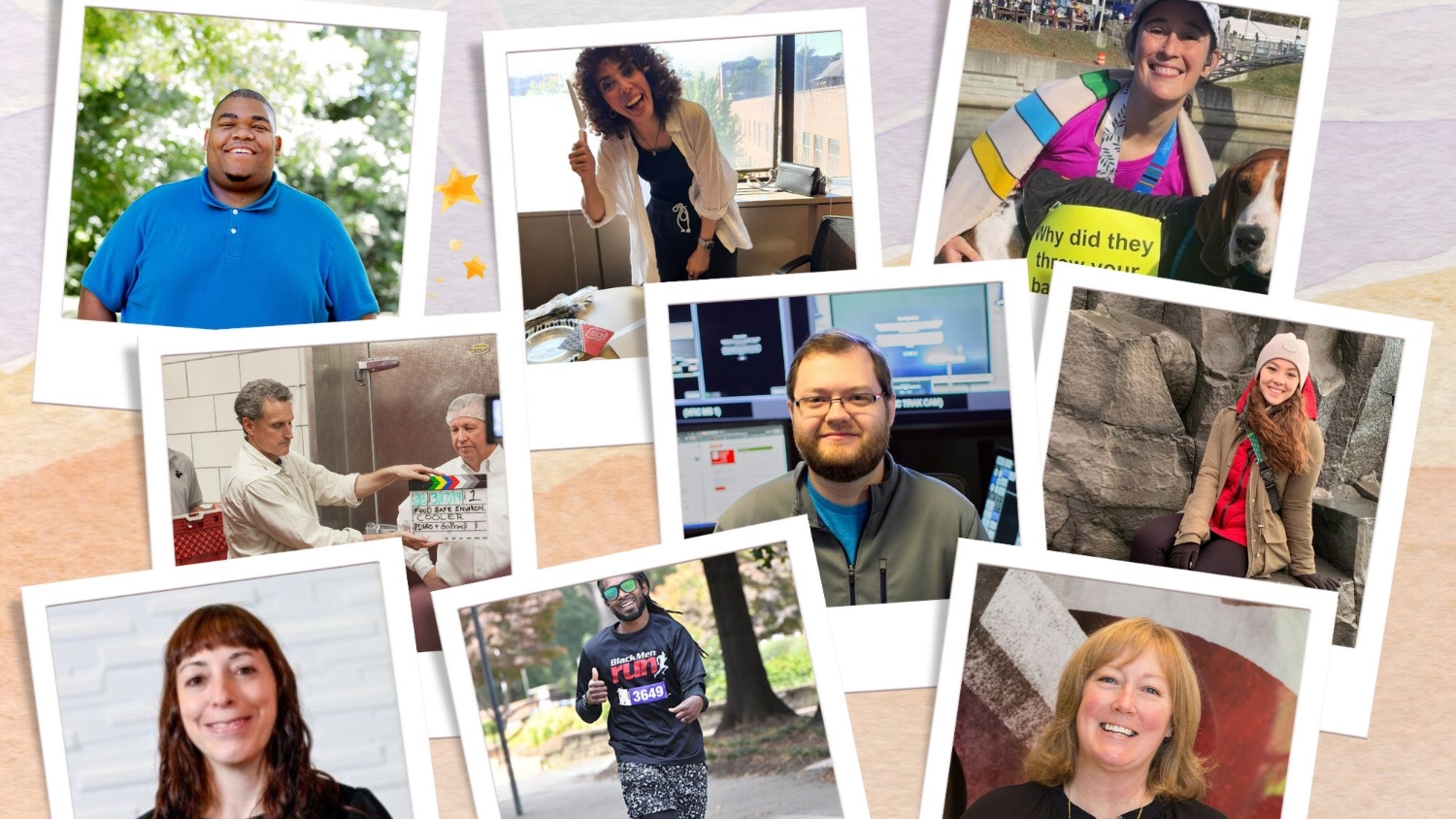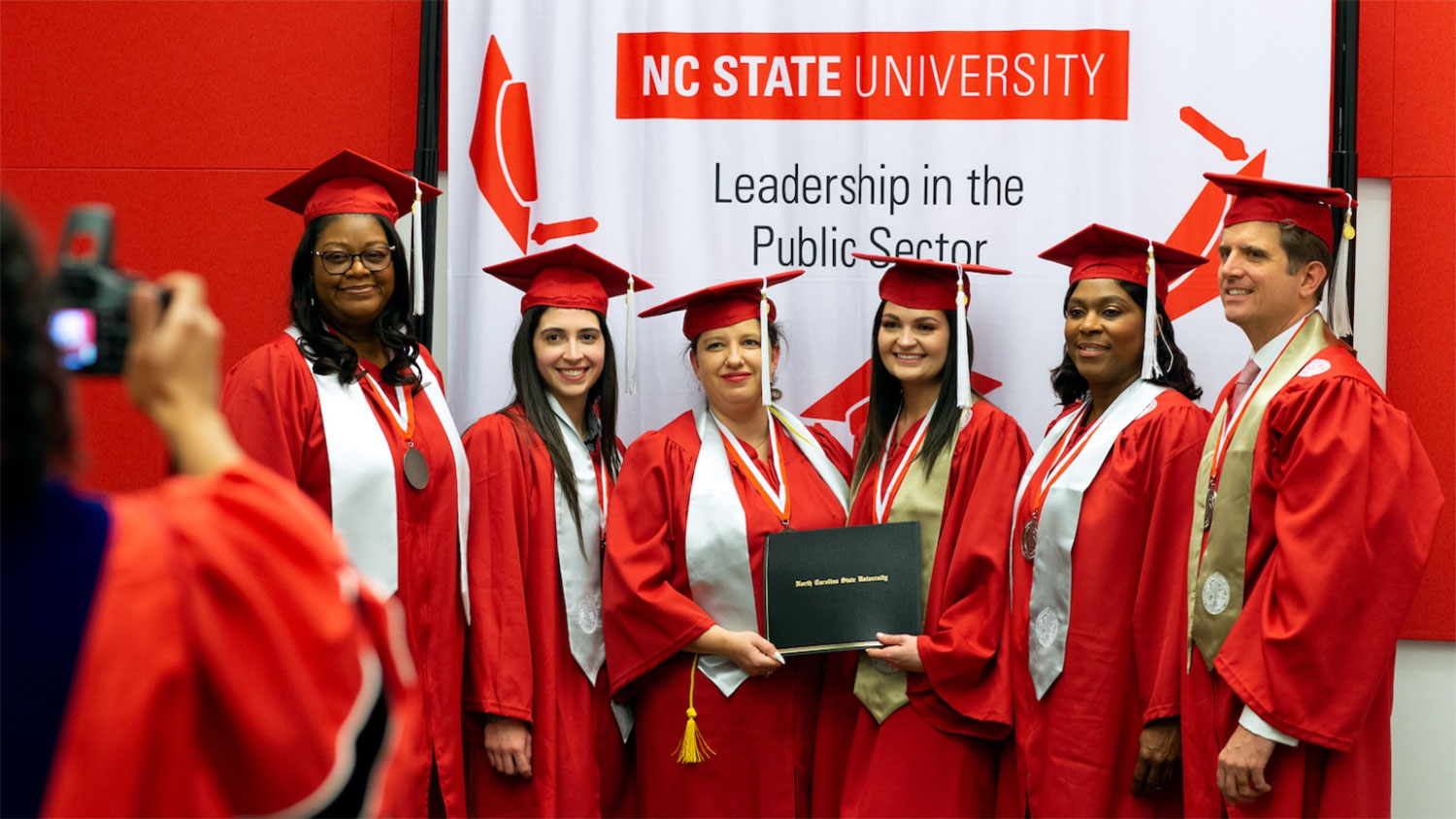DELTA Exploratory Grant Pioneers New Path for VR App
NC State faculty members often turn to DELTA when they encounter a unique instructional challenge and need help navigating the steep learning curve of integrating the advanced technology that provides the solution — this is basically the definition of a DELTA Exploratory Grant. So, what happens when the exact technological solution does not exist? Innovation!
Assistant Research Professor Amanda Mills wanted to investigate a virtual reality (VR) solution to fabric exploration. Her students learn about the multifaceted properties of different materials by studying the feel of the fabric, how it moves when stretched and how light passes through it during in-person lab sessions.
“As the demand for online education continues to grow, we realized that there is a critical piece of textile education missing: tactile learning,” Mills said. “VR provides a unique opportunity to interact with a simulated fabric in a similar manner to how you would interact with a real fabric swatch. The goal is for remote students to have a similar learning experience to in-person learning.”
As a result of this project, the Wilson College of Textiles recognized the value of VR technology as a worthy educational path which they plan to invest in moving forward. They are focusing additional attention, research and funding to extend the application of this project to integrate VR applications into the textiles curriculum. And, they are looking into different applications of VR in the textile industry.
Innovative Solutions
Lead Interaction Designer Ben Huckaby led the DELTA team composed of Multimedia Specialist Stephen Waddell and Instructional Designer Yan Shen in the search for existing technologies that could be used to provide solutions to Mills’ VR needs.
“We found out when researching existing technology solutions that we were trying to provide a VR component that was so cutting edge — even the textiles and the game development industries had not yet solved these VR problems,” Huckaby said.
One of the new approaches they incorporated included use of the Pico Neo3 VR headset combined with Ultraleap hand tracking which allows the viewer to move the virtual fabric as if they were touching it in reality. In addition, the DELTA team created 20 different views for the Virtual Viewer with some including 3D simulations of the fabric in motion.
This app paves the way for future work with the Unreal Engine, hand tracking with Ultraleap and fabric simulation.
“We worked with Dr. Mills to identify a number of learning goals for the deliverables — including recognizing the properties of individual fabrics — particularly the stretch, bending weight, thickness and other associated properties of the fabric,” Shen said. “We also want to help students associate the fabric properties with data sheet information to help identify proper applications.. And, to compare and contrast the properties listed on the data sheet to identify attributions of different fabrics.”
This cutting-edge technology is just the beginning of the exciting work that lies ahead for DELTA and the Wilson College of Textiles. Stay tuned for future updates on this transformative collaboration!
Interested in learning more? Visit the DELTA Grants website for information about all of the grants available.



